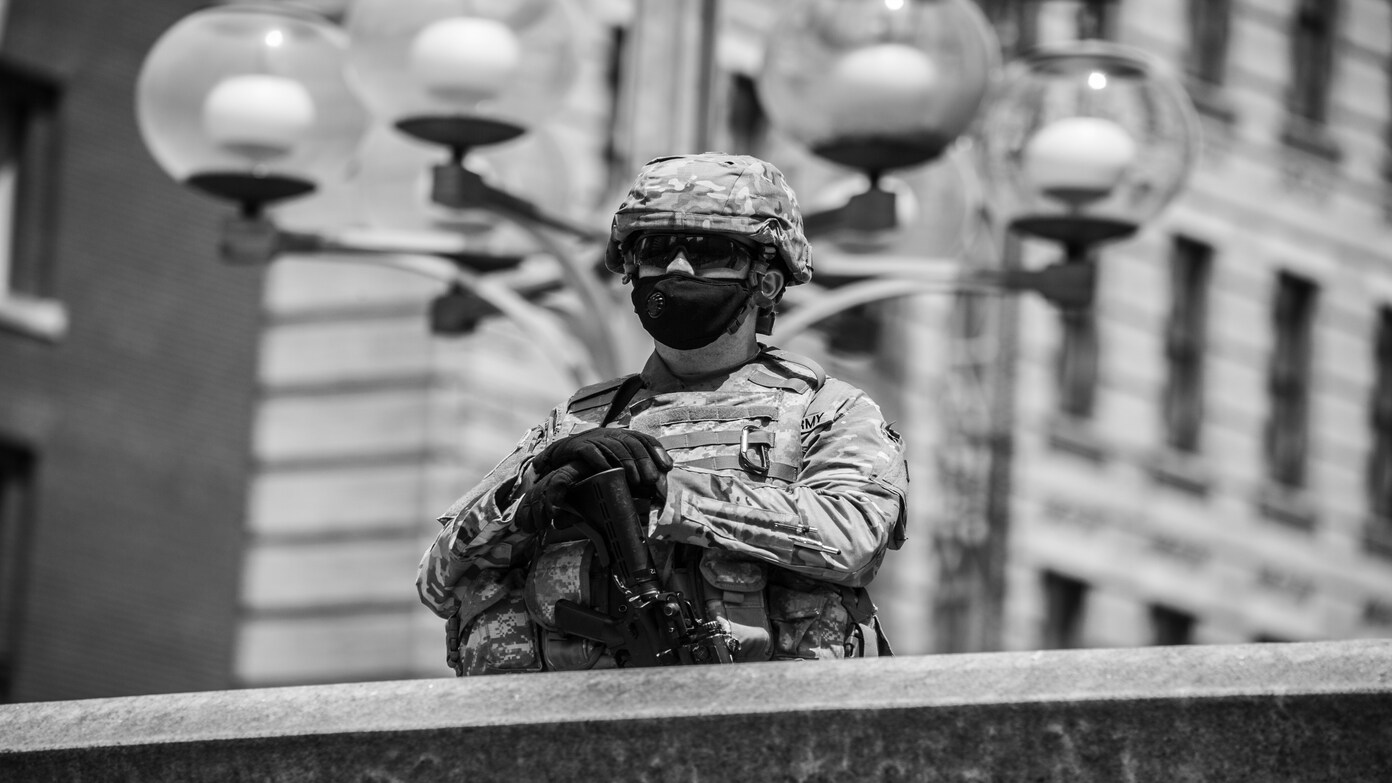The Los Angeles protests have been riotous in recent days in the wake of federal immigration raids. The fires are now being stoked on who can send the National Guard. It is the war between Governor Gavin Newsom of California and President Donald Trump.
Why are there protests in Los Angeles?
The protests started following a string of violent Immigration and Customs Enforcement (ICE) raids in Los Angeles’ Latino-majority neighborhoods, including Westlake and Paramount. There were large-scale protests, and mass arrests, like 44 workers arrested at a workplace, were reported. While initial protests were peaceful, they turned violent over the weekend, with automobiles burning, highways being shut down, and clashes between protesters and police. Over 50 were arrested in LA alone, but civil disorder also spilled over into San Francisco.
Trump’s unilateral National Guard deployment
Under the cover of escalating tensions, Trump took the uncharacteristic step of deploying 2,000 National Guard soldiers to the city on Saturday and another 2,000 troops and 700 marines on Monday. National Guard troops are typically deployed at the request of a governor. But Trump circumvented Governor Newsom by invoking a lesser-known federal law, justifying it by declaring the protests a “rebellion against the authority of the United States.”
It is the first time since 1965 that a president has sent the National Guard into a state without a governor’s request.
Newsom pushes back, cites state rights
Governor Newsom moved swiftly to denounce the decision by Trump as “illegal” and “dangerously inflammatory.” He further noted that this step not only intrudes on state powers but also transgresses the 10th Amendment of the U.S. Constitution, which negates the powers that haven’t been reserved to the federal government from being exercised by the government, relegating them to the states.
On Monday, California sued the federal government, saying the use of the National Guard without state approval by Trump is beyond constitutional authority. California Attorney General Rob Bonta sided with the governor as he declared the deployment “an escalation unsupported by the conditions on the ground.”
What does the law say?
The National Guard has dual authority at both the state and federal government levels. Governors usually call up the Guard to deal with most emergencies that are of a natural or civil nature. Federal law can call up the Guard for national defense under special enactments; instances of such include the Insurrection Act, which will see the federal force mobilized in extreme cases of insurrection or where the rule of law has collapsed. Trump has not technically made this an Insurrection Act circumstance.
The Posse Comitatus Act generally forbids the employment of federal military personnel in law enforcement within the United States. National Guard soldiers are subject to federal control
can be used in ancillary capacities, such as protecting federal properties, but are not allowed to engage in direct policing unless a level of legal specificity is attained.
What’s Next?
Hostilities persist as California refuses to back down in its court battle against federal authority. Meanwhile, in Los Angeles, the mission of the National Guard is still to augment agents from the federal entities, including ICE and the Department of Homeland Security. Keeping the streets in order is still the job of local police, such as the LAPD.
The Newsom v. Trump battle legally and politically leads to a more acute national discussion regarding states’ rights, immigration enforcement, and the appropriate use of military power in domestic matters.
Read this later:
Can federal judges strike down birthright citizenship access reform that Trump wants?
Where is Mount Denali, the highest mountain in the U.S. that Trump wants to rename Mount McKinley
Good news for Airbus: China considers order of 300 planes from European aviation manufacturer

